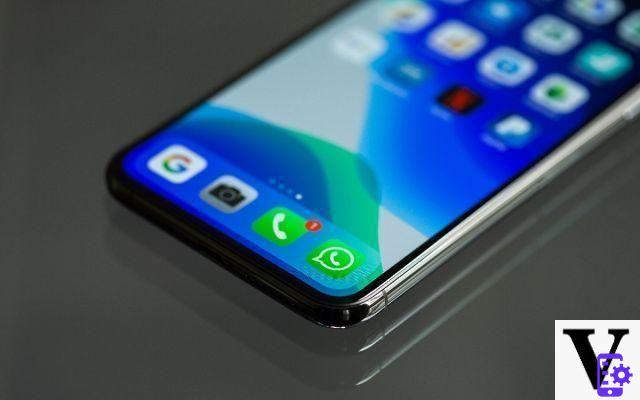For 2022, Apple may ditch an aluminum chassis and stainless steel frame and introduce a titanium alloy chassis for iPhone 14 Pro and Pro Max. This choice, of course, would have several advantages.
Will Apple use a titanium alloy for the iPhone 14 Pro and Pro Max?
An investor note from JP Morgan states that using a titanium alloy frame will be one of the biggest cosmetic changes coming to the iPhone 14 Pro and Pro Max. For 2022, Foxconn is reportedly to be Apple's largest titanium frame manufacturing partner, but it's unclear what materials the remaining two will use. smartphone of the range. Assuming the company sticks to aluminum and glass, we could see the two used for the remaining models.
The use of titanium alloy will bring notable improvements to the two iPhone Pros. For starters, their durability will improve thanks to the higher hardness and will make both models more scratch resistant. Titanium is as strong as steel but much lighter and it is twice as strong as aluminum while being lighter than the material. It is also more resistant to corrosion.
Unfortunately, titanium doesn't just bring benefits. The iPhone 14 Pro and Pro Max could be very prone to retain fingerprints and their overall finish may be unattractive compared to their predecessors. This could be one of the reasons Apple is reportedly introducing an alloy into the mix, to alleviate these drawbacks.
JP Morgan's report also stated that there will not be a "mini" version of the iPhone 2022. Apple may release two 6,1-inch and 6,7-inch non-premium models; followed by iPhone 14 Pro and Pro Max with the same screen size. Some of these models may have a display without a notch; along with significant camera upgrades, which include support for 8K video recording.
ALSO READ: Will the iPhone 14 be equipped with a periscope lens?
Discount Apple iPhone SE (128GB) - nero
Apple iPhone SE (128GB) - nero
- As part of our efforts to meet our environmental goals, iPhone SE no longer includes a power supply or ...
- 4,7 "Retina HD display
- Dust and water resistant (1 meter up to 30 minutes, IP67)


























